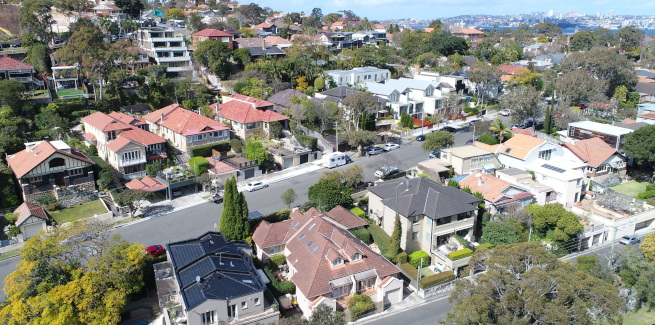The ANZ Property Council industry confidence index for the June 2019 quarter has recorded its fourth consecutive quarterly decline and its lowest level since March 2013, falling by 8 points to 115 index points. (a score of 100 index points is neutral).
According to the index, which invokes a survey of 1,184 respondents from across the property sector, industry sentiment dropped by 28 index points over the past 12 months, with the sharpest decline in Victoria (33 index points), followed by NSW (32 index points), Queensland (26 index points), Western Australia (14 index points), South Australia (11 index points), and the ACT (7 index points).
Overall confidence was lowest in NSW (105.2 index points), followed by Victoria (111.8 index points), Queensland (113.7 index points), Western Australia (128.5 index points), South Australia (136.8 index points), and the ACT (137.4 index points).
“This is a significant further drop in confidence in one of the big engines of the economy, just one week after Treasury flagged the risks of a declining housing sector in the budget papers,” Ken Morrison, CEO of the Property Council of Australia, said.
“The downturn in residential markets is driving this confidence slump, but we’re also seeing a less positive outlook across a number of important indicators, including expectations around national economic growth, construction and capital growth across some property types.”
Mr Morrison urged policymakers to consider trends in the property market before enacting reforms, amid calls for proposed changes in the housing market, particularly the federal Labor opposition’s proposed changes to negative gearing and the capital gains tax.
“The key message for policymakers is to keep a sharp focus on the property industry and be prepared to step up with a housing contingency plan if that’s what the economy needs. It is certainly a bad time to be risking changes to policy settings such as negative gearing and capital gains tax, which may lead to a further drop in confidence across the industry.”
However, the survey reported an improvement in expectations for the availability of credit, despite recent concerns over tighter credit conditions imposed by lenders off the back of regulatory scrutiny.
According to the survey, expectations regarding the availability of credit improved by 13.9 index points over the quarter ending 30 June 2019, from -43 index points to -29.1.
ANZ’s head of Australian economics, David Plank, commented: “The most important aspect of the latest ANZ Property Council survey could be the improvement in the availability of finance.
“It was a modest improvement in this part of the survey in mid-2017 that signalled greater stability in the housing market later that year and in early 2018. Finance availability then deteriorated sharply, continuing to fall through the rest of 2018 and into 2019.
“We think this deterioration was the trigger for the renewed house price weakness in Sydney and Melbourne from that point. The turn in finance availability captured in this survey could signal a turn in the market.
“Certainly, it suggests we may be past the worst of the downturn in building approvals.”
However, Mr Plank highlighted the need for caution when assessing the outlook for the market, noting that finance is “still difficult to get”, and sentiment in the residential property space remains “very negative”.
Other key findings of the survey include:
- Expectations around national economic growth fell sharply to their lowest level since the survey began in 2011, down by 16 index points on the previous quarter to -19.
- Expectations for forward work schedules were down one index point to 31.
- For the first time in two and a half years, with a net 27 per cent survey respondents forecast a fall in interest rates over the next 12 months.
- Expectations for housing capital values declined further to -33 index points, the lowest level since the survey’s inception.
- Economic growth was identified as the most critical issue for the federal government (28 per cent), followed by housing affordability (23 per cent), cities and infrastructure (15 per cent) and population growth and migration (12 per cent).
[Related: Mortgage approvals rise above market expectations]
 ;
;